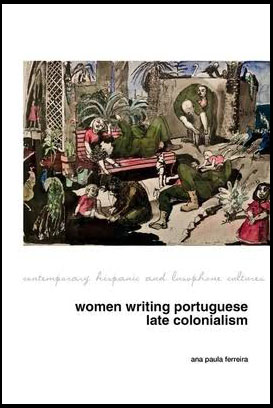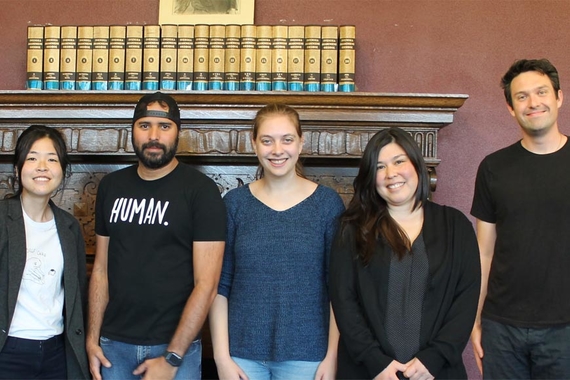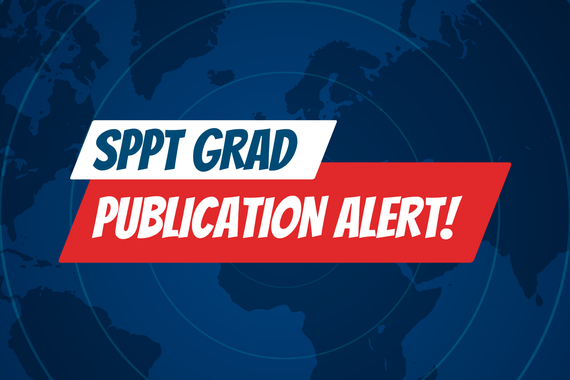Faculty Highlights: Prof. Ferreira Talks about Her New Book

Ana Paula Ferreira joined the Department of Spanish and Portuguese Studies in July 2005 as Professor of Portuguese and Department Chair. During the course of her two terms in that position, she oversaw the hiring of five new tenured and tenure-track professors, restructured the department’s administrative support positions; and launched research collaboratives in Human Rights, Iberian Studies and Linguistics. During that seven year period and, subsequently, while serving as Associate Dean for Arts and Humanities, she kept an active research profile with emphasis on Portuguese women writers, feminisms, late empire and decolonization, including the contested memories that ensued. The latter are both thematized and theorized in Lídia Jorge’s internationally acclaimed novel, O vale da paixão (translated as The Painter of Birds), the focus of an edited volume of essays published in 2009. In 2015, she co-edited New Portuguese Letters to the World: International Reception, about the various translations of the so-called Three Maria’s famous text, Novas cartas portuguesas (1973), banned by the dictatorial-colonialist regime still in place at the time.
A pioneer in feminist and postcolonial approaches to Portuguese literature (e.g. Fantasmas e fantasias imperiais no imaginário português contemporâneo, an often cited co-edition published in 2003), Professor Ferreira has developed in the last decade research and teaching agendas that consider the entangled colonialities of “race,” gender, sexuality, and class in connection with histories of slavery, racisms, and colonialisms. The deconstruction of postcolonial memory practices produced mostly, although not exclusively, in the former metropole is arguably the most challenging aspect of this work due to the cultural common senses inherited from centuries of colonialisms, Iberian and not. One of those, relating colonialism to male violence, including both literal and metaphorical rape of colonial lands and peoples, has contributed to making Portuguese women invisible and at best reduced to victims or passive spectators of colonialism.

Her most recent book, Women Writing Portuguese Colonialism in Africa, published by Liverpool University Press in 2020, takes a long historical view to suggest in what ways Portuguese women actively contributed to the longest-running European colonialism in Africa. This is the first scholarly work to study the entanglement of gender and Portuguese colonialism, emphasizing how “women” and “colonialism” were discursively constructed at particular points in time in view of a colonialist project that became the raison d’être of the dictatorial, increasingly repressive regime (1933-1974). A cultural studies approach of radical contextualization informs each of the five main chapters, covering the period from the mid to late nineteenth-century to the second decade of the twentieth-first century. A variety of documents from a range of disciplines and popular songs are brought to bear on the main problematic evinced in each period by the female-authored works selected. The latter are all written in the metropole as a place of colonial return and critical reflection, including moral, economic and political considerations of colonialism often vis-`a-vis the dominant English model. Beyond recuperating more than a century of women's voices, this book puts forward a story of Portuguese colonialism in the African continent that is anything but Lusotropicalist, that is, women writers consistently give the lie to the Luso-Brazilian myth that Portuguese colonialism was premised on non-violent kinds of racial and cultural mixtures.


